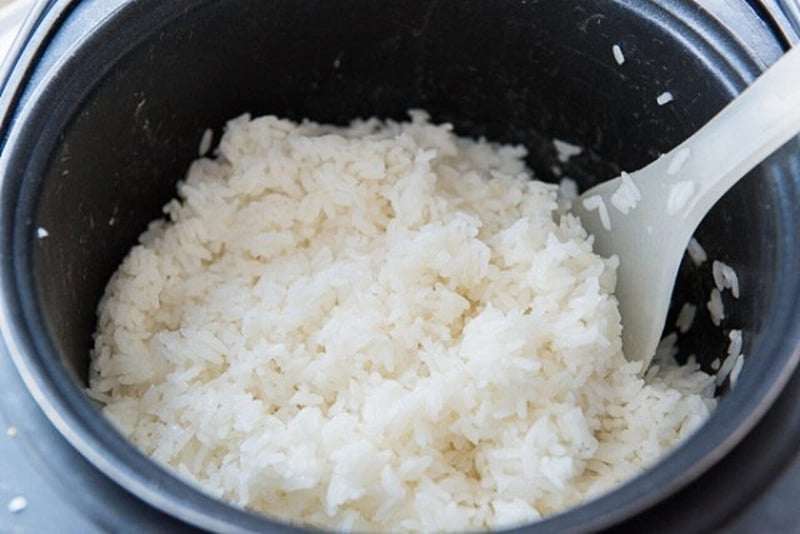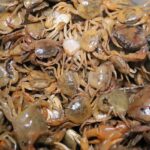According to Sohu, reusing leftover rice for fried rice is a common practice for many. However, a 50-year-old man from Guangdong, China, experienced a life-threatening situation after consuming fried rice made from leftover rice. He exhibited symptoms such as abdominal pain, diarrhea, and even went into shock with multiple organ failure. Fortunately, timely medical intervention saved his life.
Medical experts warn that rice and other starch-based foods, when left at room temperature for over two hours, can breed Bacillus cereus bacteria, leading to severe food poisoning.
Severe Reaction to Fried Rice Made from Leftover Rice
Chinese media reports that the man suffered intense abdominal pain and diarrhea immediately after consuming fried rice made from leftover rice. Upon admission to the hospital, he was in a state of shock, with vital organs such as his heart, liver, and kidneys failing, and he required intubation to sustain his life.

Tests revealed an infection with Bacillus cereus—a bacterium commonly found in starchy foods left at room temperature, particularly in leftover and fried rice. Hence, food poisoning caused by this bacterium is dubbed the “fried rice syndrome.”
Understanding the Dangers of “Fried Rice Syndrome”
According to medical professionals, “fried rice syndrome” occurs when cooked rice, noodles, pho, or pasta is left at room temperature for over two hours. Bacillus cereus bacteria proliferate and produce toxins that can destroy mitochondria in cells, disrupting energy production and metabolism.
Depending on the amount of toxin exposure, symptoms can range from nausea, vomiting, diarrhea, digestive issues, and fever. In severe cases, multiple organ failure and death can occur.
Foods That Should Not Be Eaten After Extended Periods
In addition to leftover rice, medical professionals advise against consuming the following foods if they have been left overnight, even when stored in a refrigerator:
Green vegetables: These contain high levels of nitrate, which, when left for extended periods, can be converted by bacteria into nitrite, a substance harmful to the body. Improper storage can lead to elevated nitrite levels and potential poisoning.
Seafood: Seafood is rich in protein, and when it is not fresh, decomposing compounds can irritate the gastric mucosa, causing digestive issues and affecting the liver and kidneys.
Mushrooms and wood ear fungus: These fungi, particularly wood ear, naturally contain nitrate. When left after cooking, nitrate can convert to nitrite, posing a risk of poisoning.
Potatoes, taro, and steamed buns: Starchy foods, when not stored properly, are susceptible to bacterial contamination. If not consumed within the day, it is advisable to store them in the freezer to limit bacterial growth.
Expert Recommendations
To safeguard your health, experts recommend consuming fresh food and avoiding leftover meals. If storing food overnight is necessary, place it in airtight containers and immediately refrigerate or freeze it instead of leaving it at room temperature for extended periods. Always reheat thoroughly before consumption to minimize the risk of bacterial contamination.
While saving food is essential, prioritizing health is paramount. A slight lapse in dietary habits can lead to severe consequences, even endangering one’s life.
A Spine-Chilling Delicacy: The Ultimate Culinary Delight of Northwest Vietnam
For many, the mere mention of “tiết canh” is enough to induce hesitation. But when it comes to “fish tiết canh”, a traditional Vietnamese delicacy, the level of apprehension can escalate exponentially. This unique dish not only challenges the palate with its unfamiliar taste but also shocks with its name and preparation methods.





































